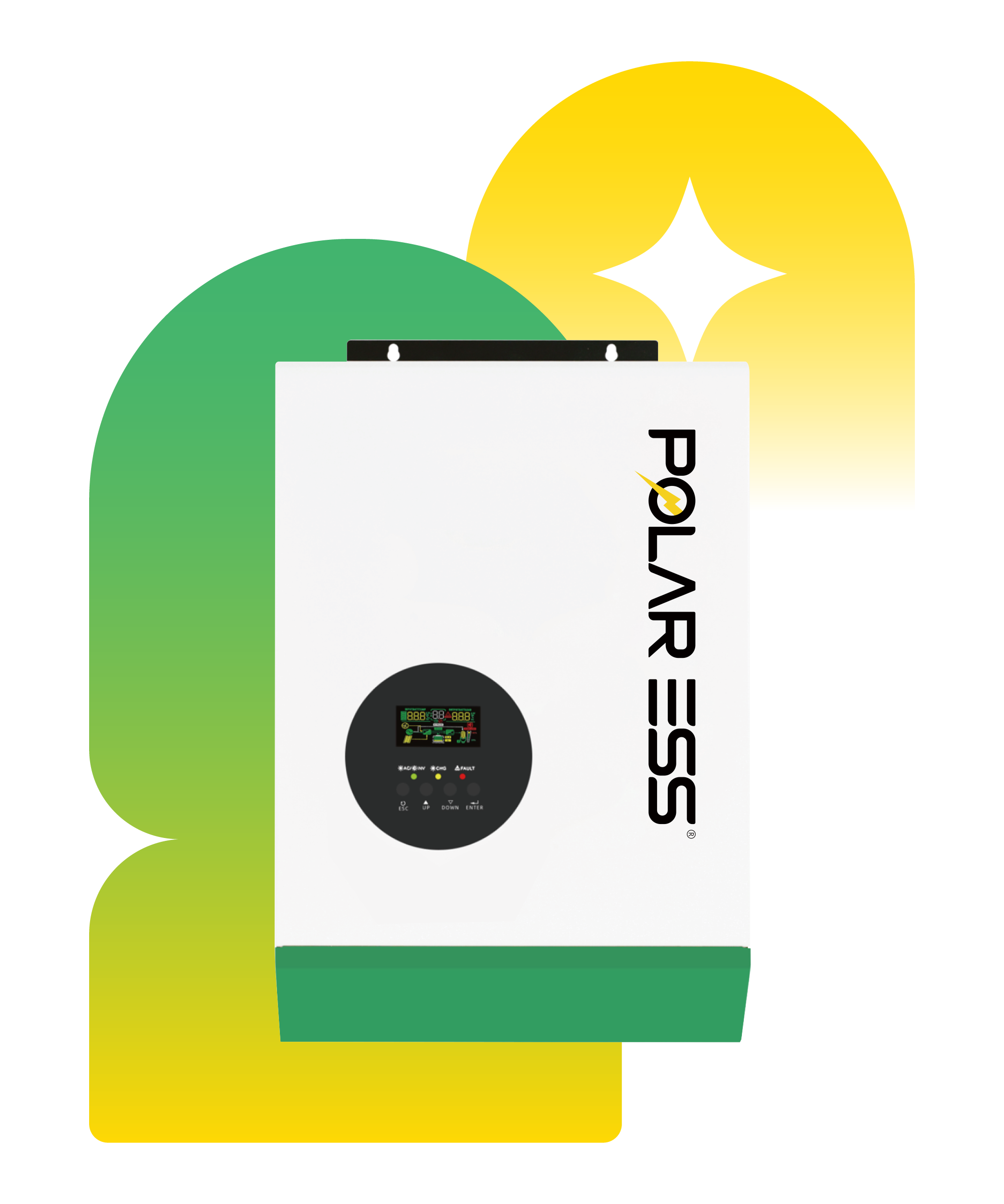
As a researcher in the field of renewable energy, I have been studying the application of inverter off grid systems and their impact on sustainable development. In this article, I will delve into the benefits and challenges associated with using inverter off grid technology in Vermont.
The Advantages of Inverter Off Grid Systems
Inverter off grid systems allow for the utilization of renewable energy sources such as solar panels or wind turbines to generate electricity independently from traditional power grids. This provides several advantages for users, including reduced reliance on fossil fuels, lower utility bills, and increased resilience during power outages.
Vermont’s commitment to clean energy makes it an ideal location for implementing these systems. The state has abundant natural resources that can be harnessed to generate renewable energy, making it possible for residents and businesses alike to become self-sufficient while reducing their carbon footprint.
The Role of 48V Inverter Off Grid Systems

Within the realm of inverter off grid technology, 48V inverters play a crucial role. These devices convert direct current (DC) generated by solar panels or other sources into alternating current (AC) suitable for powering appliances and electronics. They are highly efficient and reliable, ensuring a stable power supply even when operating independently from the main electrical grid.
Vermont’s remote locations often make it challenging to connect properties to centralized power grids. However, with 48v inverter off grid systems, individuals living or working in these areas can still enjoy access to electricity without relying solely on diesel generators or costly infrastructure projects.
The Integration of Home Battery Systems
To further enhance the efficiency and reliability of inverter off grid setups, home battery systems can be integrated. These batteries store excess energy generated during peak production periods and release it when demand is high or during power outages. By optimizing the use of stored energy, homeowners and businesses can reduce their reliance on the grid even further.
Vermont’s commitment to sustainability aligns perfectly with the integration of home battery systems into inverter off grid setups. The state encourages residents to adopt these technologies through various incentives and rebate programs, making it financially viable for individuals to invest in renewable energy solutions.
Conclusion
In conclusion, inverter off grid systems offer numerous benefits for Vermonters seeking sustainable and independent sources of electricity. With 48V inverters at their core and the integration of home battery systems, these setups provide a reliable alternative to traditional power grids while reducing carbon emissions and promoting self-sufficiency.
As Vermont continues its transition towards clean energy, embracing inverter off grid technology will play a vital role in achieving its renewable energy goals while ensuring a resilient future for all residents.
